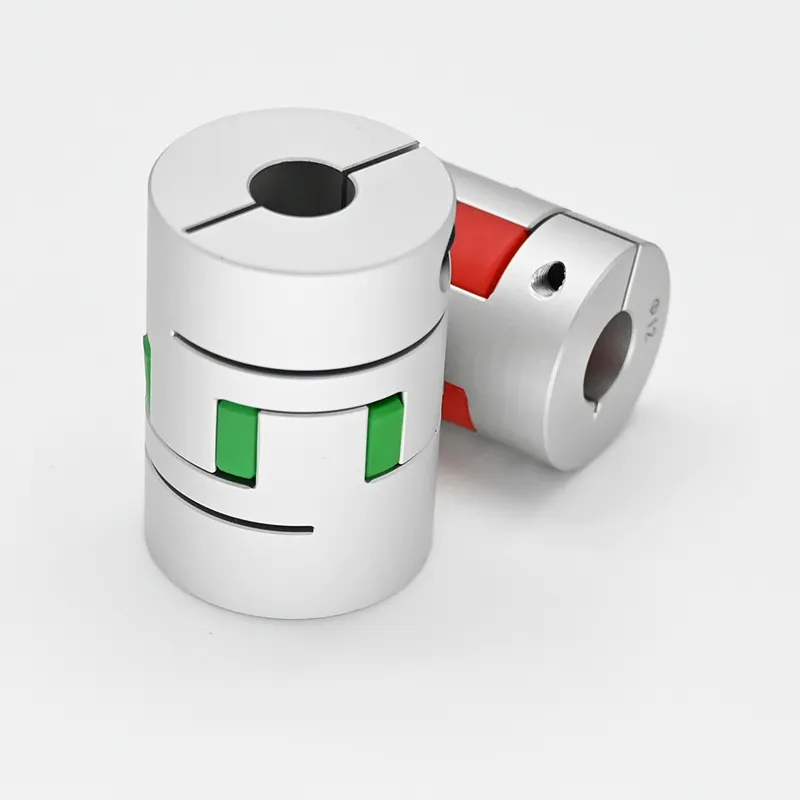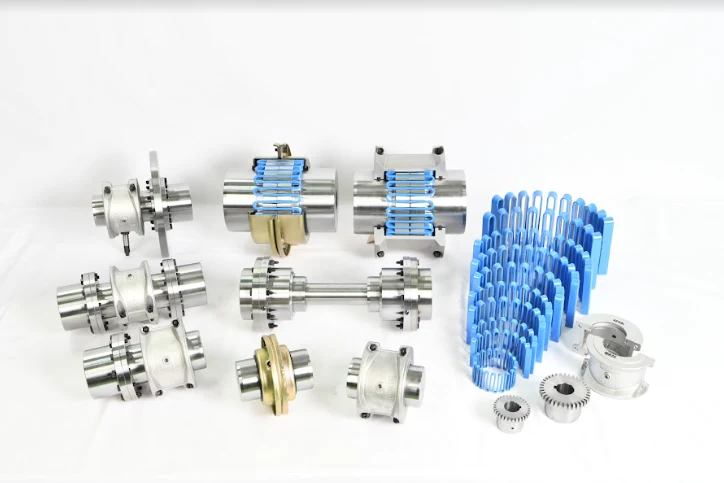Product Description
3/4″ plumbing pipe, female coupling BS thread for Industrial Pipe Wine Rack
Malleable cast iron pipe and pipe fittings
Feature: Easy to assembly, anti-rust treatment.high strength, good toughness. DIY and meet various needs of customers, colorful painting, smooth surface, perfectly matched thread, precise dimensions, easy to install.
Color : Black,galvanized,natural,brass..or customized color as client’s request.
Technology: electrophoresis, electrophoresis and hot-dip, spraying plastics.
Size: 1/2″(DN15)-2″(DN50)
Thread: BSP/NPT,perfect and better to connect.
Usage: For DIY Furniture Decor – Vintage Pipe Shelf Brackets/Paper Holder/Coat Rack/more DIY furniture as your design drawing.
Material: Malleable cast iron
Type: Beaded end, banded end, plain end.
Related products: Floor flange, tee, cross, 90/45 deg elbow, M/F elbow, Mi side outlet
tee/cross, coupling, socket, reducer, cap, plug, pipe/tube, hand valve, taps, nipple.
Product picture
Application:
Packaging Details
General Packing:
1) Wrapping by plastic 1 by one, cartons with Pallets/wooden cases
2) Wrapping by plastic 1 by one, litter box, master cartons with pallets/wooden case
Customized packing:
3) Amazon packing standard:
Single plastic Bag per piece with barcode,
Pre-cartons,or 10pcs per Plastic bag with Label & barcode
4)The customized packing as client’s request is acceptable.
About Us
ZheJiang HangHong trading Co., LTD is a leading supplier and certified professional company dealing with below malleable cast iron pipe and pipe fittings and key clamp pipe fitting with different sizes under kinds of standards for 10 years.
-Linepipe, pipes, customized length pipe/tube
-Elbows:90 degree elbow and 45-degree elbow, F&M elbow.
-Flanges:3 holes floor flange and 4 holes floor flange
-Tee, Cross tee, Y tee, outlet tee
-Caps
-Other Pipe fittings
Malleable cast iron floor flange pipe fittings are our advantage for kind of products. We got more good feedback because of our competitive price, good quality, punctual shipment and excellent service. our products are widely exported to all over the world and enjoy good reputation.
“Only imperfect products, no picky customers”, we have strict and compete production line and testing equipment for keeping the products quality as the international standard. brand and reputation can prove it.
The clients will get when place order from us?
1)Competitive price, excellent service.
2)They can get the goods they really want.
3)Good shopping experience.
4)Fast reply not only before placing an order but also after getting the goods.
5)A friend like me and can supply the goods to you anytime when you need in the future.
FAQ:
1, Can you supply the free sample?
Yes, we can supply the free sample, but you need to pay the shipping cost.
2, What is the freight cost calculated based on?
The freight cost is based on the total weight, the heavier the weight, the more cost-effective the average freight.
3. What’s the MOQ?
Please don’t worry about the MOQ, we can produce the quantity according to your requirement.
4. What is the packing method for the products?
Firstly, we pack the fittings 1 by 1 use plastic film, then put into cartons, wooden cases or pallet
5. How I can pay for you?
T/T, Western Union, L/C
Why Choose US:
-Sufficient Forging, Heating, Machining Equipment
-In-house inspection instruments for strict quality controlling
-Competitive price & High-quality assurance
-Fast, effective and efficient after-sale services 24/7
-25 years experience professinonals on communications
-Fast delivery within 7-15 days
-100% inspection for all the products
-MOQ:1PCS
-Sample is acceptable and free /* January 22, 2571 19:08:37 */!function(){function s(e,r){var a,o={};try{e&&e.split(“,”).forEach(function(e,t){e&&(a=e.match(/(.*?):(.*)$/))&&1

Real-World Examples of Successful Industrial Coupling Applications
Industrial couplings are essential components in various machinery and equipment across different industries. Their versatility, reliability, and ability to handle diverse operating conditions have led to numerous successful applications. Here are some real-world examples of successful industrial coupling applications:
- Pumps and Compressors: In the oil and gas industry, centrifugal pumps and compressors are used for fluid transportation and compression. Gear couplings are commonly employed in these applications due to their high torque capacity and ability to handle misalignment caused by thermal expansion. They ensure reliable power transmission and efficient operation of critical equipment in harsh environments.
- Steel Industry: The steel manufacturing process involves heavy machinery subjected to high torque and intermittent loads. Grid couplings are extensively used in steel rolling mills to connect the motors and rolling stands. Their torsional flexibility helps dampen shocks and vibrations during the rolling process, ensuring precision and reducing wear on the equipment.
- Pulp and Paper Processing: In the pulp and paper industry, large rotary drums and rolls require smooth and reliable power transmission. Disc couplings are commonly used in these applications due to their ability to handle misalignment and high speeds. They ensure precise control during paper manufacturing processes, resulting in consistent product quality.
- Power Generation: Power plants rely on large turbines, generators, and compressors that require efficient power transmission. Diaphragm couplings are well-suited for such high-power applications due to their torsional stiffness and ability to handle misalignment. They provide smooth torque transmission and help maintain precise alignment, enhancing the overall efficiency of power generation systems.
- Automotive Industry: The automotive industry utilizes various types of couplings for different applications. Universal joints are commonly used in drive shafts, enabling power transmission between the engine and wheels while allowing for movement due to suspension and steering. Additionally, elastomeric couplings are employed in engine-driven accessories, such as water pumps and power steering systems, to reduce vibrations and noise.
- Marine Propulsion: In marine applications, where space and weight are critical considerations, flexible couplings play a vital role in connecting the engine to the propeller shaft. These couplings accommodate misalignment caused by hull deflection and vibration, ensuring smooth and efficient propulsion while reducing stress on the drivetrain.
- Mining Equipment: Mining operations involve heavy-duty machinery operating in challenging conditions. Fluid couplings are commonly used in conveyors, crushers, and draglines to start and control the speed of large motors while providing overload protection. These couplings protect the machinery from excessive starting torque and shock loads, enhancing their longevity and reducing downtime.
These examples illustrate the widespread use and success of industrial couplings across diverse industries. The careful selection of the appropriate coupling type for each application ensures reliable power transmission, reduced downtime, and improved overall system performance.

Specific Couplings Designed for High-Temperature or Corrosive Environments
Yes, there are specific couplings designed to operate in high-temperature or corrosive environments. These specialized couplings are constructed using materials and designs that can withstand extreme conditions without compromising performance. Here are some examples of couplings tailored for such environments:
- High-Temperature Couplings: In applications where machinery operates at elevated temperatures, standard couplings made of conventional materials may not be suitable due to their limited thermal resistance. High-temperature couplings are engineered with materials like heat-resistant alloys or ceramics that can withstand extreme heat without degrading or losing their mechanical properties. These couplings are often used in industries such as steel manufacturing, glass production, and aerospace, where the equipment encounters high temperatures during normal operation.
- Corrosion-Resistant Couplings: Industries dealing with corrosive substances or harsh environments require couplings that can resist chemical attack and degradation. Corrosion-resistant couplings are typically made of stainless steel or other alloys with excellent corrosion resistance properties. These couplings protect against the effects of acids, alkaline solutions, and other corrosive elements, ensuring a longer service life and reliable operation. They are commonly used in chemical processing, petrochemical, and marine applications.
- Composite Couplings: Composite materials can offer a combination of properties that make them suitable for challenging environments. For instance, fiber-reinforced composite couplings can provide high strength, lightweight, and resistance to both high temperatures and corrosive substances. These couplings find applications in aerospace, automotive, and other industries where weight reduction and durability are crucial factors.
- Non-Metallic Couplings: Non-metallic couplings made of materials like plastic or reinforced polymers offer excellent resistance to corrosion, chemicals, and extreme temperatures. These couplings are often used in food and beverage processing, pharmaceuticals, and other industries where hygienic conditions and resistance to aggressive substances are essential.
It is crucial to select the appropriate coupling that matches the specific requirements of the operating environment. Using standard couplings in high-temperature or corrosive settings can lead to premature failure, increased maintenance, and safety risks. By opting for couplings designed explicitly for such conditions, industries can ensure the reliability and longevity of their equipment and maintain optimal performance even in the most challenging environments.

Advantages and Disadvantages of Using Flexible Couplings in Industrial Setups
Flexible couplings offer several advantages in industrial setups, but they also come with some disadvantages. Here’s a detailed overview of both aspects:
Advantages:
- Misalignment Compensation: Flexible couplings can compensate for various types of misalignment, including angular, axial, and parallel misalignment. This capability reduces stress on connected machinery, bearings, and shafts, resulting in extended component life and improved reliability.
- Vibration Dampening: Flexible couplings can absorb and dampen vibrations, preventing them from being transmitted to other parts of the machinery or equipment. This feature helps reduce noise and minimizes wear and tear on the system, leading to smoother operation and decreased maintenance requirements.
- Shock Absorption: Some types of flexible couplings, such as grid and elastomeric couplings, offer excellent shock absorption properties. They can handle sudden load changes and impacts, making them suitable for applications with varying loads or in environments prone to shock forces.
- Torsional Flexibility: Flexible couplings provide torsional flexibility, allowing for slight angular displacement between connected shafts. This flexibility helps prevent torsional vibrations and mechanical resonance, improving the overall stability and performance of the machinery.
- Easy Installation and Maintenance: Most flexible couplings are relatively easy to install and require minimal maintenance. They often do not need lubrication, reducing maintenance efforts and downtime, which can result in cost savings.
- Cost-Effective Solution: Flexible couplings are often more cost-effective than rigid couplings, especially in applications where misalignment compensation and shock absorption are required. They offer a balance between performance and affordability.
Disadvantages:
- Backlash: Some flexible couplings introduce a certain amount of backlash or angular play due to their design. In precision applications, this backlash may result in reduced accuracy and positioning errors.
- Lower Torque Capacity: Compared to some rigid couplings, flexible couplings generally have lower torque capacity. In high-torque applications, careful selection is essential to ensure the coupling can handle the required torque without slipping or failing.
- Limitations on High-Speed Applications: Some types of flexible couplings may have limitations in high-speed applications due to factors like balancing requirements or resonance effects.
- Finite Lifespan: Flexible couplings have a finite lifespan and may require periodic replacement, especially in demanding or high-load applications.
When choosing whether to use flexible couplings in an industrial setup, engineers should carefully consider the specific requirements and operating conditions of the application. While flexible couplings offer significant advantages, they may not be suitable for every scenario. Proper selection and regular maintenance of the coupling can ensure optimal performance and extend its lifespan, contributing to the overall efficiency and reliability of the industrial system.


editor by CX 2024-05-08
